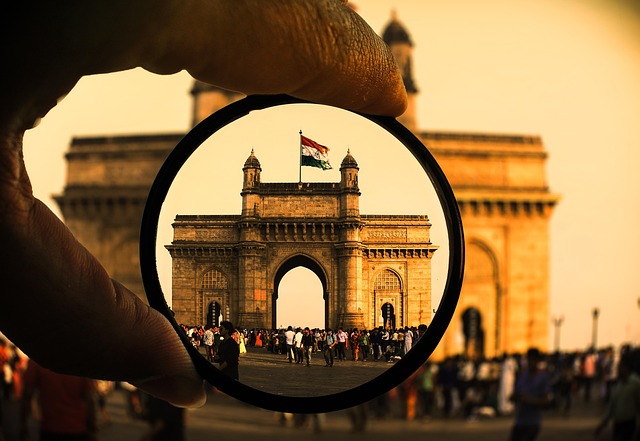Increasing Incidence Calls for Urgent Public Health Interventions and Awareness Campaigns
Urban India is facing a growing health challenge, with diabetes prevalence now reaching 15%. This alarming increase signals a critical need for substantial changes in lifestyle and diet, as well as enhanced public health strategies to combat the escalating burden of this chronic disease.
Recent Developments:
- Health Surveys: Recent comprehensive health surveys across major cities have documented this rise, correlating it with lifestyle factors such as decreased physical activity and increased consumption of processed foods.
- Public Health Campaigns: In response, the government has launched targeted public health campaigns aimed at promoting healthier lifestyles and increasing awareness about the risks and management of diabetes.
Key Metrics:
- Population Affected: The increase affects nearly 50 million people in urban areas, with a higher incidence reported among the middle-aged population.
- Healthcare Impact: Hospitals and clinics in urban regions are reporting a 20% increase in cases related to diabetes complications over the past five years.
Strategic Impact: The rising trend of diabetes in urban India has several implications for public health and policy:
- Healthcare Resource Allocation: There is a growing need to allocate more resources towards diabetes care, including medication, monitoring equipment, and specialized healthcare personnel.
- Preventive Measures: Emphasis on preventive health measures and lifestyle modifications has become more critical than ever to curb the rising trend.
Expert Analysis and Economic Outlook:
- Medical Experts: Health professionals emphasize the importance of integrated care approaches combining diet, exercise, and regular monitoring to manage and prevent diabetes effectively.
- Economic Burden: The increasing prevalence of diabetes is also seen as a significant economic burden due to the high cost of long-term treatment and loss of productivity.
Official Statements:
- Ministry of Health and Family Welfare: “The rise in diabetes cases in urban areas is concerning. We are intensifying our efforts to enhance public awareness and encourage healthier lifestyle choices among citizens.”
- WHO Representative in India: “India’s urban diabetes challenge reflects a global trend exacerbated by urban lifestyles. Collective efforts at community, national, and international levels are essential to address this health crisis.”
Conclusion: The rise in diabetes prevalence to 15% in urban India is a wake-up call for both policymakers and the public. It highlights the urgent need for comprehensive strategies that promote healthy living and effective diabetes management to mitigate this growing health threat.


Leave a Reply